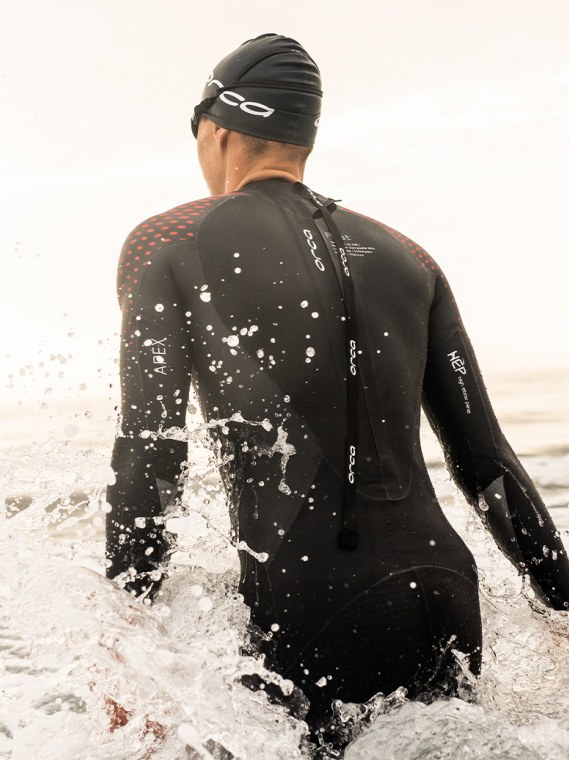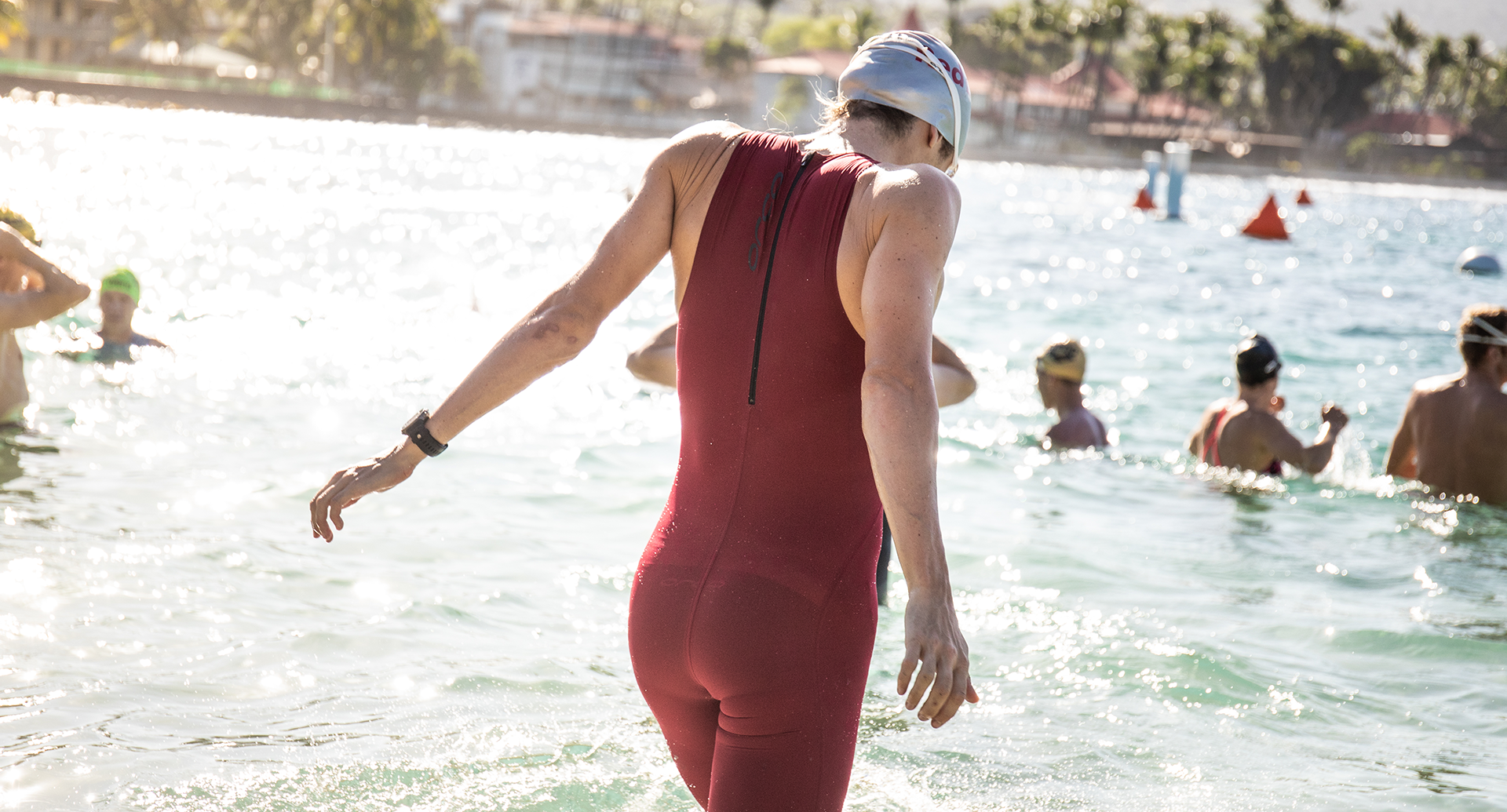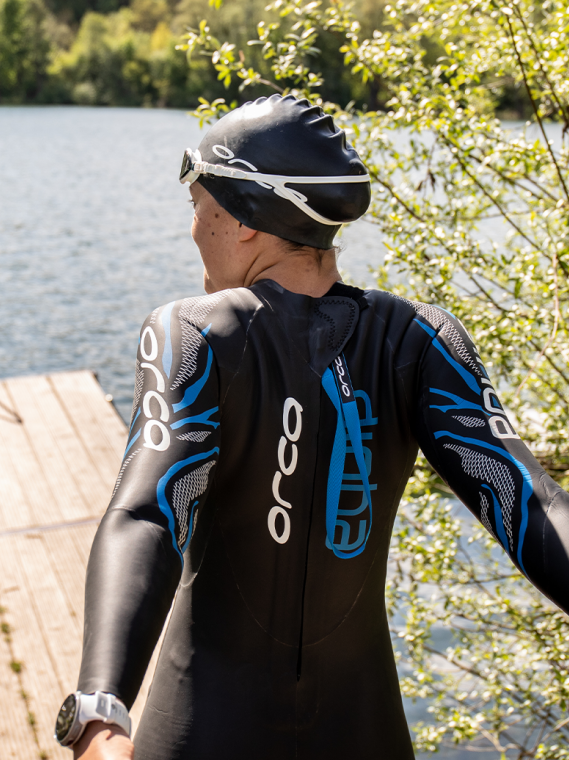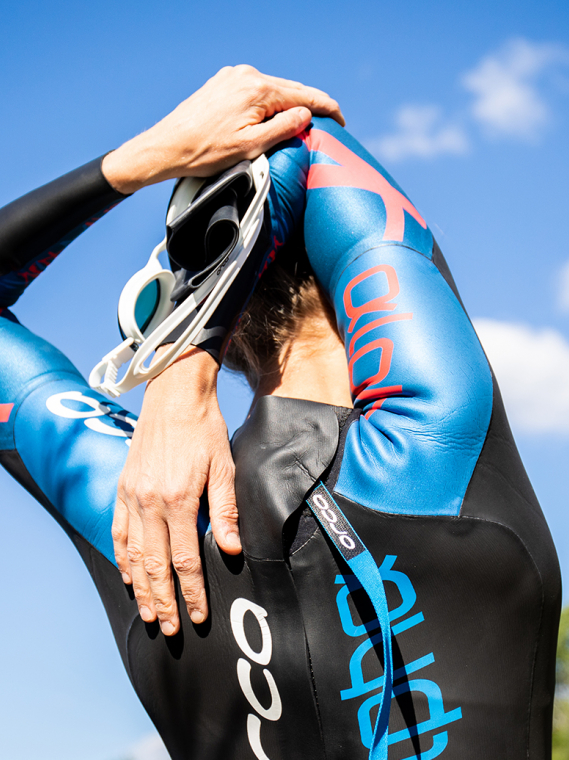
Emotional intelligence, the key to athletic performance?
The ironminds
March 28, 2022
In 2010 at the Ironman World Championship, eventual winner Chris McCormack was being hunted by Andreas Raelert who was getting closer and closer in th...
When people ask if I will ever do Ironman again, my answer is always the same. If you were an accountant and you retired from accounting, would you keep doing accounting in your spare time?

When people ask if I will ever do Ironman again, my answer is always the same. If you were an accountant and you retired from accounting, would you keep doing accounting in your spare time?
The answer for me is a hard no, I would not continue to do accounting and I’m pretty sure I will not be doing another Ironman anytime soon.
But that doesn’t mean I won’t dust off my figurative calculator once in a while and crunch some numbers for a friend or family member, and it doesn’t mean I won’t continue to “play” swim, bike and run for many years to come.
Alas, I am not an accountant, but I was a professional triathlete for 14 years. I did make my living through the sponsorship and prize money I made by training and racing, and yes, at some point I drew a line in the sand and said, that’s it, I’m done. I retire.
The concept of “retirement” is strange for an athlete or for anyone who absolutely loves what they do. Most professional triathletes that I know aren’t like me. They don’t just stop training and racing triathlons. For most of us, triathlon has become such an integral part of our identities that we don’t even know how to stop or what that would even look like.
If I’m not a triathlete, who am I?
What will I do with the rest of my life?
What does retirement even mean?
For the purposes of this blog, let’s define retirement as the point at which one’s main income is no longer derived from training and racing.

By this definition, I see three types of retired pro athletes:
1. The Entrepreneurs
I am not the only former pro athlete who has channeled her skills and passion towards an entrepreneurial endeavour. The skill set required to train consistently, deal with obstacles, make great relationships with sponsors and compete against the best in the world is very similar to the skill set needed to build a company. That’s why many athletes are drawn to entrepreneurship.
I’ve seen many friends and former competitors create incredible businesses from clothing, to events, to media and coaching companies. We have leveraged our relentless pursuit of big goals into building successful businesses.
This group rarely continues to race at a high level, though we do generally keep fit.

2. The Professional Code-Switchers
It is no secret that triathlon attracts a lot of so-called “A-type” personalities. Many pros are highly successful in other fields and go back to work as doctors, lawyers, teachers or investment bankers after their triathlon days are done.
Folks in this group often continue to do triathlon at a competitive age-group level as they move into a new profession or go back to a career that they left to pursue professional sports.
P.S. Watch out for these guys at your local races, they may be tough to beat.

3. The Never-Say-Dies
This group is a rare breed but there are a few among us. They are the folks who just never retire. The women who race in the pro category with sponsorship support until they are 50. The guys who transition into the inspirational 60-somethings, 70-somethings and 80-somethings who somehow, against all odds, manage to continue training and racing… forever.
To be fair, most of this group also have some kind of side-gig related to the sport like coaching or race directing, but for the most part, they somehow manage to keep squarely focused on their own performance. Kudos to this group as they are the folks who teach us how to perform our best while accepting the limitations of our aging bodies.

MANAGING THE RETIREMENT PROCESS
The process of retirement can be bumpy for many of us, as it can for any phase of change in life. So what can we learn from the athletes around us who have successfully transitioned?
In order to feel good about any time of change that alters our core identity, it is important to understand what sport (or whatever role you are leaving) does for you. How does your sport function in your life?
For me the question was: “What needs does triathlon meet in my life and how can I make sure those needs are met elsewhere?”
Here is the list of needs that triathlon met in my life:
• personal fitness
• lifestyle & community
• good routine
• endorphins and joy
• physical skill development
• a reason to travel
• setting and achieving goals
• a challenge worth undertaking
So for me now, in my life as a business owner and entrepreneur, I look at this list and can see clearly how each of those needs are met. The first five are met through my new sport - CrossFit. CrossFit allows me to dig deep, go hard, learn new skills and workout with other people several times a week in a time-efficient way. Yay!
The last three bullet points are taken care of through my business. Creating a media company is a massive challenge for me, it allows me to set big goals, and in a non-Covid environment, it gives me a reason to travel and network with other like-minded people.

SO DO ATHLETES EVER REALLY RETIRE?
Yes and No.
While most of us retire from actually making money through racing, we also never retire from a life filled with fitness and learning. We never retire from goal-setting and challenging ourselves.
Most importantly, we learned through sport that going ALL IN on whatever we choose to do next is not only a risk worth taking, but perhaps the greatest way to create a meaningful life.
That lesson alone makes the journey worthwhile.
ABOUT SARA GROSS
Sara Gross is a two-time Ironman Champion and holds a doctorate in women’s history. She founded Feisty Media, "a haven for the unapologetically fit and feisty" in 2017 as a way to celebrate fresh and empowered voices in triathlon and beyond. Sara lives in Victoria, BC with her daughter Rosalee.
ABOUT FEISTY MEDIA
Feisty Media is a progressive media company designed to serve the "unapologetically fit and feisty." Founded in 2017 by Ironman Champion Sara Gross, PhD, Feisty is now home to 8 podcasts, including the IronWomen podcast, Girls Gone Gravel and Hit Play Not Pause. Feisty educates and amuses the masses daily on Insta and TikTok as well as hosting several events such as the Women's Performance Summit and Feisty Menopause Summit.

March 28, 2022
In 2010 at the Ironman World Championship, eventual winner Chris McCormack was being hunted by Andreas Raelert who was getting closer and closer in th...

July 30, 2021
I woke up this morning and reached for my phone, as I do most mornings, to make sure there is nothing urgent I need to respond to and to get a sense o...

May 17, 2021
After a long professional career in both short and long-distance triathlon, Sarah True faces one of her most important challenges: the arrival of her...